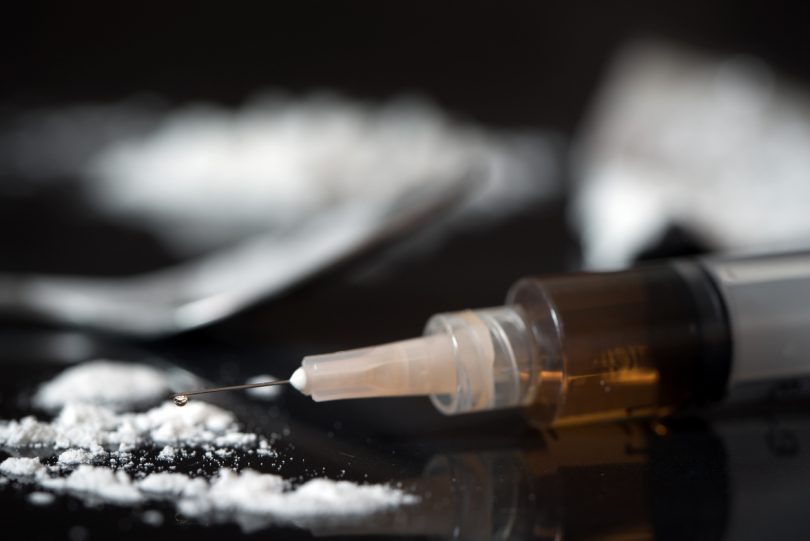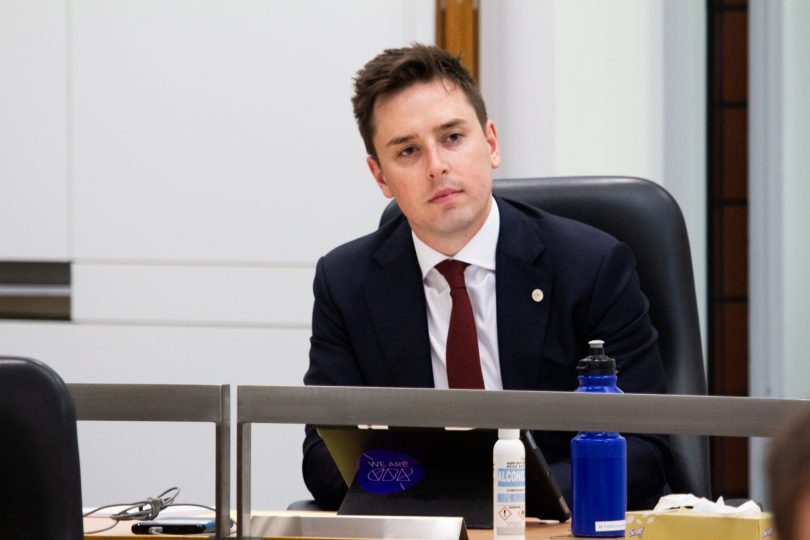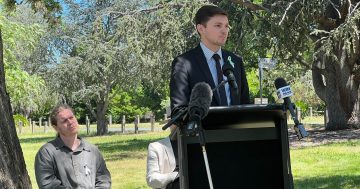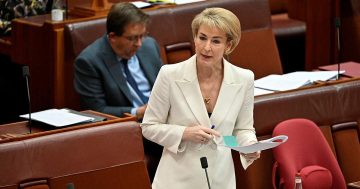
An ACT Legislative Assembly Committee has supported a proposal to decriminalise small amounts of illicit drugs. Photo: File.
An inquiry into a proposal to decriminalise possession of small amounts of illicit drugs such as MDMA, heroin and ice has recommended the bill be passed by the Assembly.
The bill, which was put forward by Labor backbencher Michael Pettersson in February this year, has proved contentious, with some concerned the ACT could become a target for drug trafficking.
And while the Select Committee did support the proposal, they have recommended the government revise its possession limits to fall in line with the evidence of consumption for personal use.
ACT Policing previously expressed their concern that two grams of ice, for example, is too high and could be a trafficable quantity.
The committee’s report also suggested an amendment to “include a ‘catch-all’ clause … to include emerging drug trends” so new drugs could be included as and when they come onto the market.

Labor backbencher Michael Pettersson introduced the drug decriminalisation legislation earlier this year. Photo: Dominic Giannini.
The committee made several other recommendations, including the need to provide better support services, provide better education around drugs, and review the training model for frontline staff in the drug and alcohol sector.
Cultural transition training for the ACT’s police force may also be necessary, the report suggested.
Canberra Liberals MLA and committee chair Peter Cain dissented from his committee’s recommendations, saying the bill should not be passed.
Mr Cain told the Assembly criminal sanctions act as “a stick” to avoid harmful behaviour.
In his dissenting report, Mr Cain said the bill did not cover the whole-of-government approach he believed was necessary.
“This is a complex matter involving justice, health and social services where a change in one area will often have effects across government,” his dissenting report read.
Also on the committee, ACT Greens MLA Johnathan Davis told the Assembly he had initially found the Greens’ position on drug decriminalisation personally challenging as he had “loved someone who has suffered from substance abuse”.
Now, however, Mr Davis said he supported a push to decriminalise the possession of small amounts of drugs, believing the “war on drugs had failed”.
“We know that most drug use is actually recreational and causes little ongoing harm to the individual,” Mr Davis said.
He quoted the ACT’s Alcohol Tobacco and Other Drug Association (ATODA) whose research revealed 43 per cent of all Australians had used drugs.
“These people are our siblings, parents and friends,” he said.
Mr Davis noted it was the responsibility of progressive, evidence-based governments to acknowledge a broad range of people across society do take drugs and to try to reduce the harm they cause.
“The drugs aren’t evil. People aren’t evil. Stigma, discrimination and inaction are evil,” Mr Davis said.
Mr Davis said the criminal justice system had now proved inadequate at providing an effective and compassionate method of caring for people who needed it.
“People have been shamed and punished instead,” Mr Davis said.
“We need a health response in which drug use is destigmatised and anyone who wants support can get it.”
Mr Pettersson thanked the committee for its hard work, saying it had been both “productive and worthwhile”.
He was also grateful the debate so far had “not been marked by scare-mongering” but had instead encouraged genuine community consultation.





















